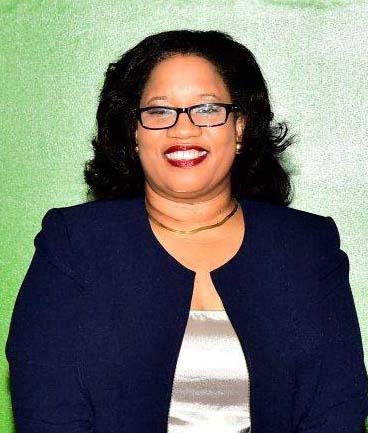The Guyana Telephone and Telegraph Company (GTT) was grilled yesterday by the Public Utilities Commission (PUC) on aspects of its e-billing services and a decision by the company to send summary bills instead of the traditional detailed bills.
The meeting was prompted by a complaint made by social commentator Ramon Gaskin, and was aimed at interrogating the circumstances which gave rise to Gaskin’s complaint.
Gaskin complained that the new bill format (a “summary bill”) does not contain the full details of the services he utilised for the relevant period.
The new bill format is part of an initiative by GTT to get bills to customers faster to avoid disconnections, while the e-billing service is provided via GTT’s e-billing services. Gaskin also stated that after complaining about waiting forty-five minutes, as a senior citizen, to pay his bill, he was told to get GTT’s mobile money application.
GTT Vice-President of Customer Experience and Quality, Orson Ferguson, who declared yesterday his belief that around 70% of Guyanese have access to the internet, had said that persons who received summary bills can still request a detailed bill which would then be sent electronically, or they could pick up a copy at any local GTT outlet.
However, this raised the issue of the challenge persons who were not tech savvy, or did not have access to email would encounter.
Gaskin, however, said “you can’t go to no store and get nothing. It is not true…you have been misleading us…” Another person present, Rajendra Bissessar, shared that when he decided to opt out of the e-service, he was told that he could not until the twelve-month period expired.
Emily Dodson was also present at the hearing, and she noted GTT’s move to e-billing, but raised the concern that if billing in Guyana moves completely in the direction of electronic copies, then there will be difficulties in obtaining proof of address for various transactions, especially those noted by the Anti-Money Laundering/ Countering the Financing of Terrorism Act.
However, Kareem Davis, legal advisor for GTT shared that he is aware that at least one bank has accepted a downloaded copy of the e-bill of proof of address in satisfaction of the anti-money laundering legislation requirements, as that bill also has the address of the recipient.
Notwithstanding this explanation, the Chair-woman, Dela Britton, of the PUC did acknowledge that the proliferation of e-billing might indeed pose problems in the future, especially the manner in which it is likely to affect members of the populace without access to internet and or facilities to print.
Yesterday’s hearing made it clear that despite the good intentions behind moving toward a technologically advanced society, the elderly, persons who are not technologically savvy, and persons with no access to internet are at risk of being left behind.
PUC Chairwoman, Britton, by her questioning, suggested that this is something that utility companies must bear in mind as they look to innovate.





